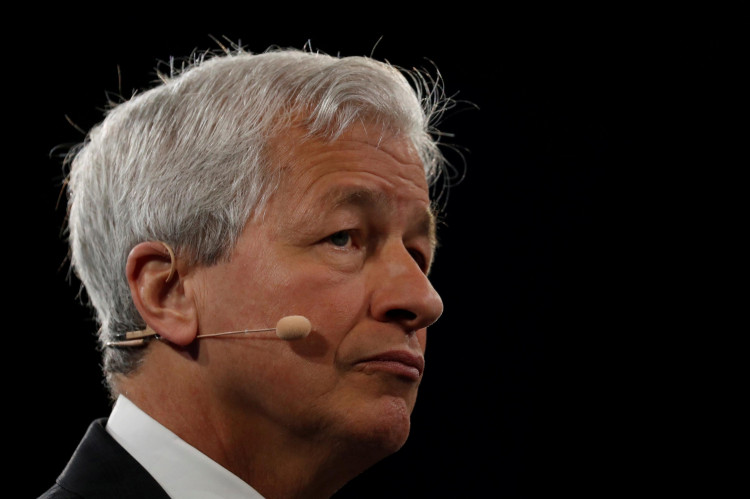Both JPMorgan CEO Jamie Dimon and Goldman Sachs CEO David Solomon anticipate a US recession as the Federal Reserve continues its aggressive monetary policy tightening trajectory due to the tight labor market.
The Fed funds rate is now set between 3% to 3.25%, although members of the Federal Open Market Committee have indicated that additional increases will be required because U.S. inflation was still 8.2% annually in September.
Solomon said he anticipates economic conditions to "tighten meaningfully from here" and predicted that the Fed will continue raising interest rates until they reach 4.5% to 4.75% before pausing. Solomon was speaking on a panel at the Future Initiative Investment conference in Riyadh, Saudi Arabia on Tuesday.
"But if they don't see real changes - labor is still very, very tight, they are obviously just playing with the demand side by tightening - but if they don't see real changes in behavior, my guess is they will go further," he said.
"And I think generally when you find yourself in an economic scenario like this where inflation is embedded, it is very hard to get out of it without a real economic slowdown."
The expectation of central bank policymakers is that a slowing labor market will result in reduced wage growth, which has recently reached an all-time high and indicates that inflation has crept up on the economy.
Meanwhile, the U.S. Department of Labor reported 10.1 million job postings in August, indicating that, despite substantially declining, companies' need for labor is still historically high.
"So I too am in the camp that we likely have a recession in the U.S. ... I think most likely we might be in a recession in Europe, and so until you get to that point where you see a change - whether it's in labor, the demand side - you are going to see central banks continue to move on that trajectory," Solomon added.
Dimon agreed that the Fed will likely continue raising rates rapidly before pausing to allow data to reflect its attempts to reign in inflation, but he was equally negative about economic growth.
"But American consumers, eventually the excess money they have is running out. That will probably happen sometime mid-year next year, and then we will know more about what is going on with oil and gas prices and that kind of thing, so we will find out," Dimon said.
Indeed, the second consecutive quarterly reduction in U.S. GDP, which decreased by 0.9% in the second quarter of 2022, is a clear indication that the economy is in recession.






